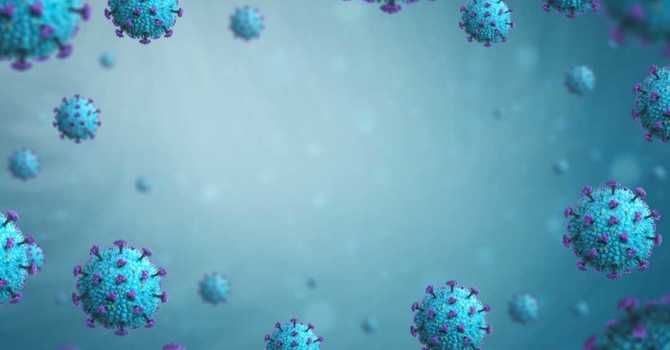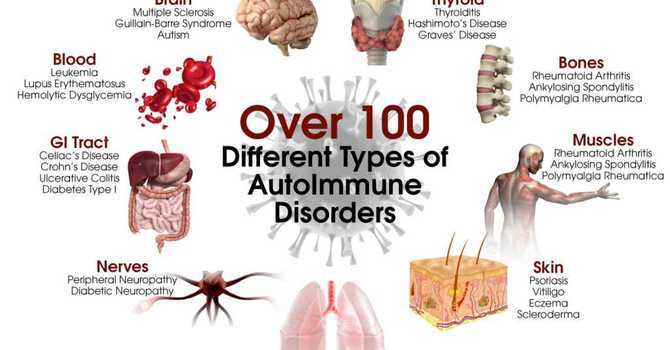
Mental health is a complex issue that can have a profound impact on a person's overall well-being. Conditions such as anxiety, depression, and post-traumatic stress disorder (PTSD) can be debilitating and have a significant impact on a person's quality of life. While traditional treatments such as therapy and medication can be effective, many people are looking for complementary therapies to help support their mental health.
Acupuncture has been shown to be an effective complementary therapy for mental health conditions. Researchers have found that acupuncture was as effective as cognitive behavioral therapy (CBT) in treating depression, with both treatments resulting in significant improvements in symptoms (1). Another study's authors found that acupuncture was effective in reducing symptoms of anxiety in people with generalized anxiety disorder (GAD).
One of the ways that acupuncture may help with mental health is by reducing stress. Stress is a common trigger for mental health conditions, and acupuncture has been shown to reduce the release of stress hormones such as cortisol. Acupuncture may also help to regulate the production of neurotransmitters such as serotonin and dopamine, which are important for regulating mood.
In addition to reducing stress, acupuncture may also help to improve sleep. Many mental health conditions are associated with sleep disturbances, and acupuncture has been shown to improve sleep quality and duration. This can be particularly beneficial for people with conditions such as PTSD, which can be characterized by nightmares and insomnia.
It is important to note that while acupuncture can be a useful complementary therapy for mental health, it should not be used as a substitute for traditional treatments such as therapy and medication. It is always important to work with a healthcare provider to develop a comprehensive treatment plan that takes into account all aspects of a person's mental health.
(1) Smith CA, Armour M, Lee MS, Wang LQ, Hay PJ. Acupuncture for depression. Cochrane Database of Systematic Reviews 2018, Issue 3. Art. No.: CD004046. DOI: 10.1002/14651858.CD004046.pub4. Accessed 16 February 2023.
Dr. Cynthia Kerr Salmond
Contact Me

